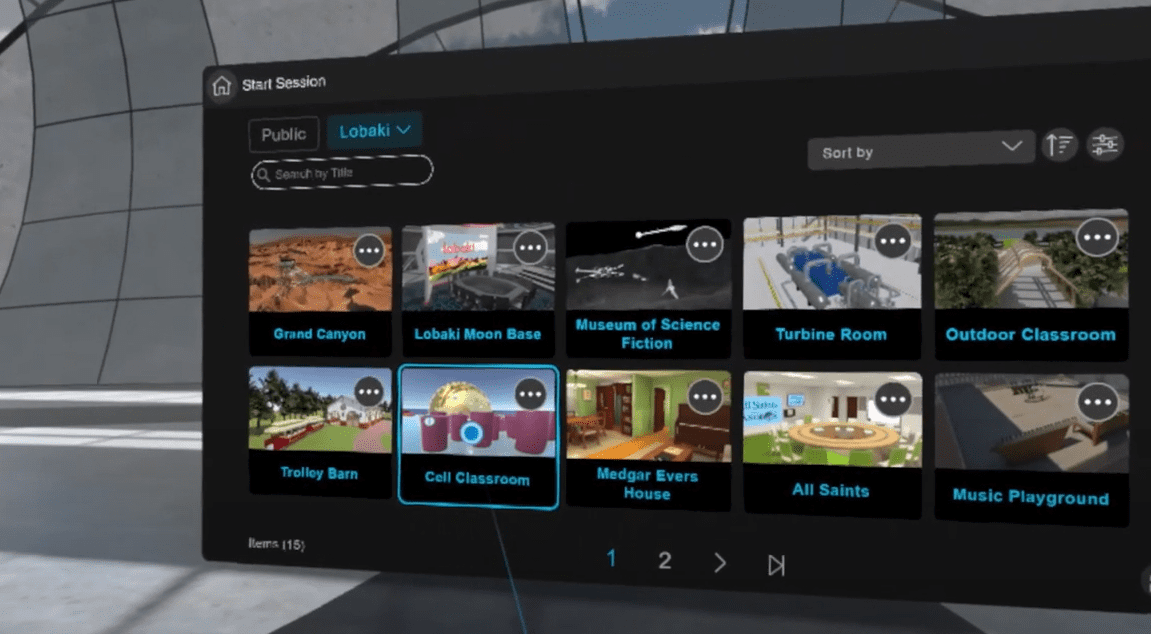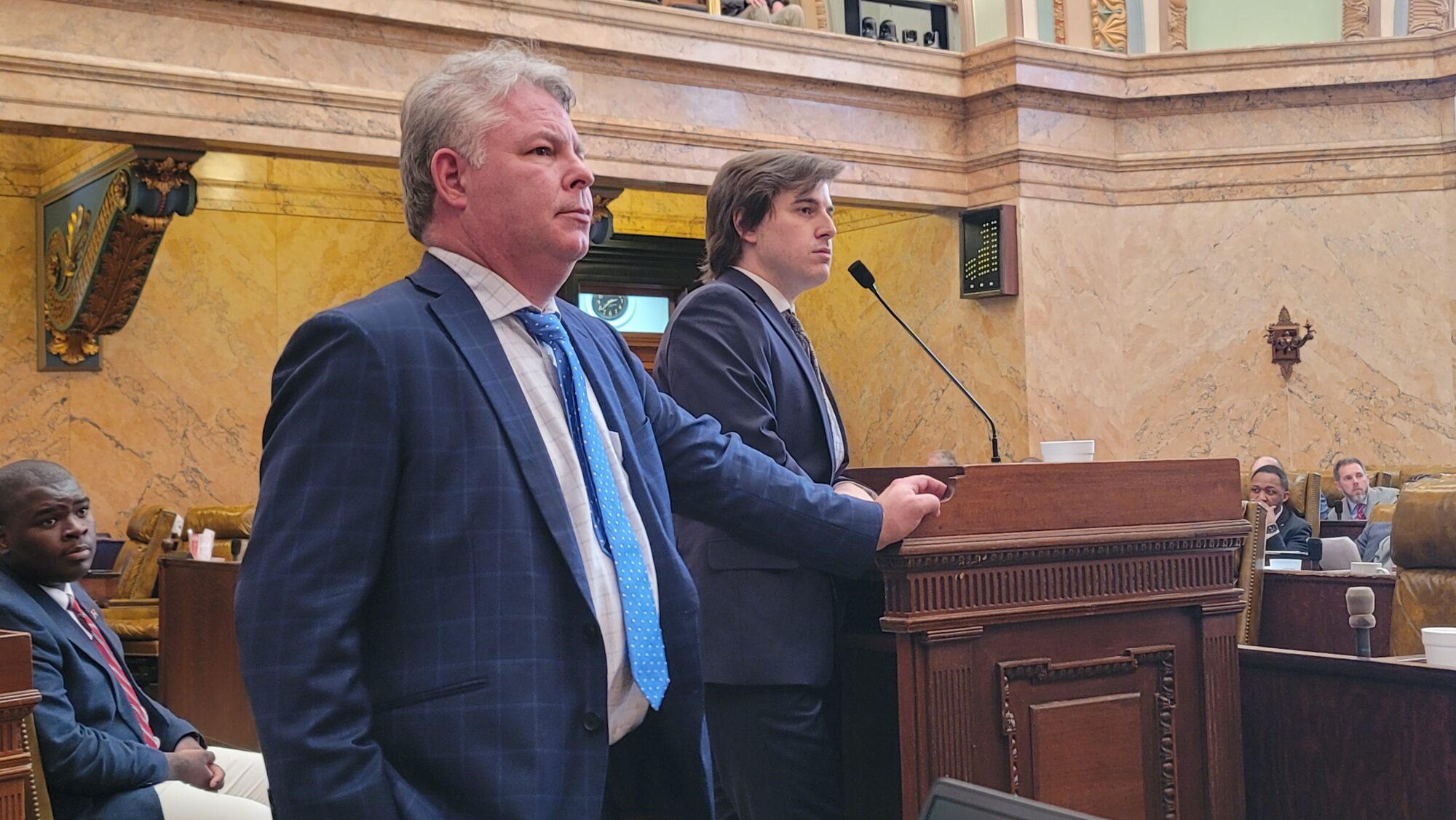
View of virtual reality program through Lobaki
- A Mississippi technology company will work with state charter schools to provide professional development and tailored VR content.
Students attending one of the 10 charter schools in Mississippi will now have access to educational programs delivered through virtual reality thanks to a federal grant and a partnership with a Mississippi tech company.
The immersive learning method slated to start this school year is the result of a federal grant totaling $510,000 provided to the Mississippi Charter School Authorizer Board by way of the Future Consolidated Appropriations Act of 2024. The statement from the Board credits U.S. Senator Cindy Hyde Smith for making the grant possible through her support.
Hyde-Smith’s office said her position on the Senate Labor, Health and Human Services, and Education Appropriations Subcommittee was instrumental in securing the funding.
Immersive virtual reality to enhance educational experience
As part of the grant, charter school teachers will receive professional development on the use of virtual reality headset equipment and the related educational software, giving those educators the necessary tools to create engaging lesson plans. The grant will also cover the cost of purchasing the hardware and software.
“Virtual reality experiences enable students to explore complex subjects such as science, mathematics, and history in an immersive way, fostering a deeper understanding and retention of knowledge,” the Board notes in their announcement.
Lobaki, a Mississippi-based company, is working with the Board to provide professional development and develop content custom-tailored to meet the demands of each charter school.
“By providing innovative educational experiences through virtual reality, all of our scholars will have opportunities to engage in a risk-free inclusive learning environment that will enhance their educational experience in ways never before imagined,” stated Dr. Lisa Karmacharya, MCSAB Executive Director.
Combining hands-on experience with technology in class
According to information included in the grant request provided by MCSAB to Magnolia Tribune, the virtual reality classes will benefit charter school students in grades Kindergarten through 8th. Middle schools will receive 18 headsets along with the necessary curriculum software and hardware. Elementary schools will receive 10 headsets in addition to necessary software and hardware. All 10 charter schools will receive virtual reality kits.
The curriculum is meant to supplement standard classroom instruction, not act as a replacement.
Middle school students will utilize virtual reality instruction material aligned with the state’s College and Career Ready Science standards, while elementary students will be provided age-appropriate lessons on local and U.S. history, the grant outlines.
Descriptive videos featured on the Lobaki website demonstrate how the software can bring the students into a variety of interactive classrooms, such as one set within a living cell. Students can interact with various parts of the cell in virtual reality, providing a hands-on experience as to how the cell works. Students can see proteins being formed from RNA, along with various other cell functions.
There is also an option to use a “cellevator” to see the exposed cell from above.
Other programs through Lobaki allow students to learn about human anatomy, explore the solar system, conduct experiments on how light waves work, build bridges, visit Independence Hall 250 years in the past, and learn about the elements on the Periodic Table.











